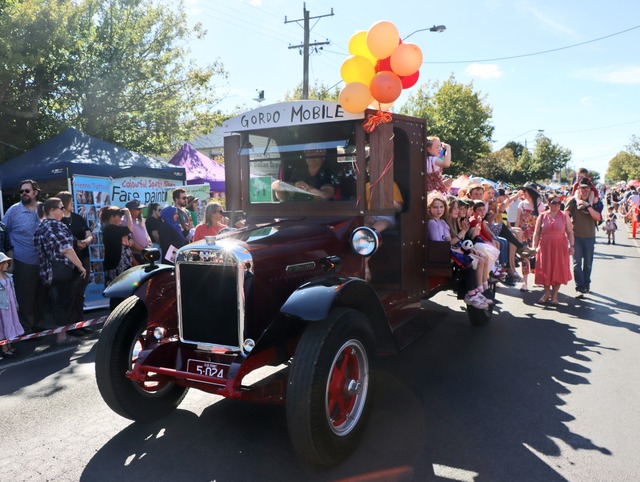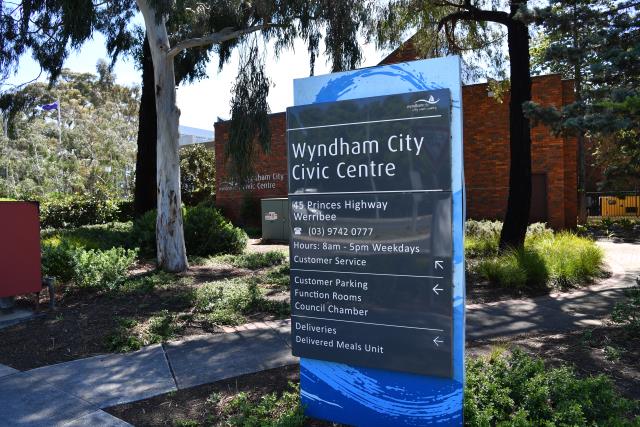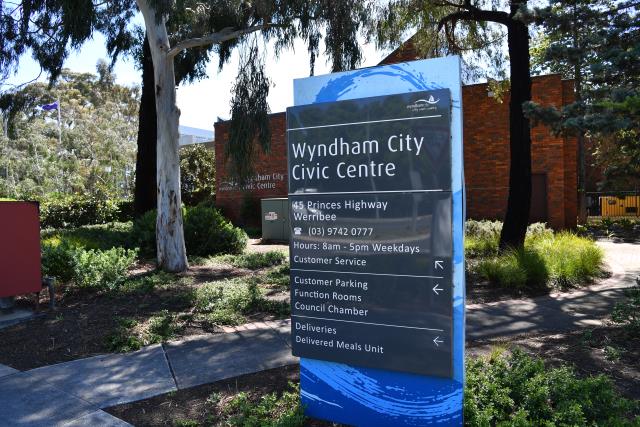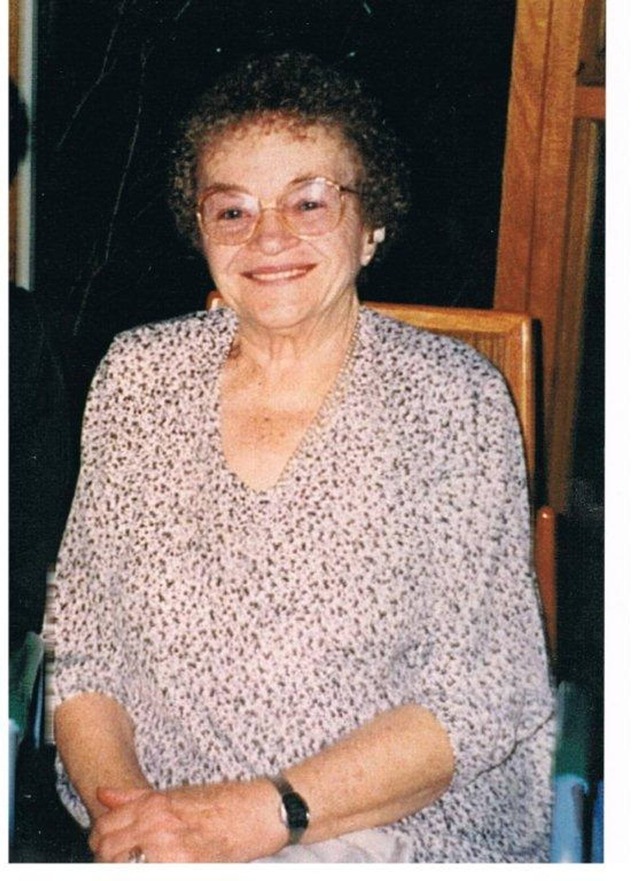Mental Health is the biggest issue of concern for Wyndham residents, a new report has revealed.
The Salvation Army’s National Social Justice Stocktake Report surveyed more than 15,000 people across every state and territory in the country.
Participants were asked to identify up to five issues that they were most concerned about in their community.
Mental health was the most common answer for residents in the Lalor electorate, which includes the Wyndham area, with 59 per cent of respondents selecting it as the most prevalent issue.
North Western Melbourne Primary Health Network (NWMPHN) executive director, service development and reform, Jag Dhaliwal said for many, the usual things that foster connection and lighten the load haven’t been available the last few years.
“The causes of mental distress and mental illness are varied. Some recognised contributing factors include social disadvantage (including unstable income, debt and housing), social isolation, discrimination and a history of trauma,” Mr Dhaliwal said.
“What we hear and see on the news (world events and environmental issues) can also impact how we feel. This can be especially so for children who may not know how to express their fears or concerns.”
Mr Dhaliwal said people’s worries about how they will be regarded by society can prevent people from asking for help.
“There can be many barriers that prevent people from seeking out mental health support when they need it,” he said.
“Sadly, people do experience stigma, whether that’s in relation to being, or made to feel, discredited somehow.”
Mr Dhaliwal cited a lack of awareness, the inability to recognise symptoms and not knowing where to access affordable care as other reasons why people don’t always get help.
Housing affordability (44 per cent) was the second most pressing issue in electorate and was echoed by many others across the nation, as 52.4 per cent selected housing affordability as a primary issue.
Other issues deemed concerning included, alcohol and misuse at 43 per cent, unemployment and underemployment selected by 40 per cent of participants and homelessness at 34 per cent.
Details: https://nwmphn.org.au/for-community/local-health-services/my-mental-health/

















